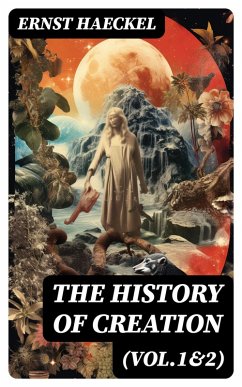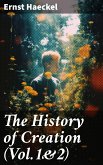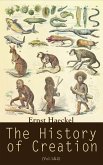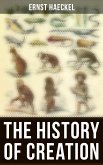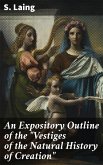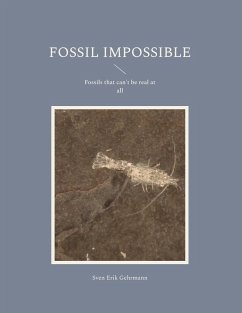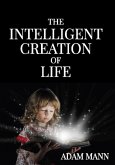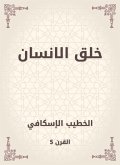Ernst Haeckel's seminal work, "The History of Creation" (Vol. 1 & 2), explores the intricate narrative of life's evolution from primordial origins to complex forms. Written in the late 19th century, Haeckel employs a richly descriptive style, blending scientific inquiry with philosophical reflections. His text is grounded in the burgeoning field of evolutionary biology, integrating ideas from Darwinian theory while also grappling with the implications of these revelations on contemporary thought. Haeckel's commitment to elucidating the interconnectedness of all life is evident as he weaves together insights from paleontology, morphology, and embryology, thus positioning his work within the broader intellectual climate of the time, when the foundations of modern science were still being laid. Ernst Haeckel, a prominent biologist and a staunch advocate of Darwinism, was deeply influenced by his early studies in zoology and anthropology. His interdisciplinary approach allowed him to assess not only biological but also artistic and philosophical dimensions of nature, enriching his narrative. Haeckel's personal ethos-as a passionate defender of science against the backdrop of German Romanticism-propelled him to disseminate ideas that challenged the prevailing religious and scientific understandings of creation. I highly recommend "The History of Creation" to readers seeking to engage with the origins of evolutionary thought. Haeckel's illuminating prose offers both a scientific and philosophical journey that continues to resonate with contemporary discussions about life, existence, and our place within the natural world. This work is indispensable for anyone interested in the evolution of scientific ideas and their profound impact on society.
Dieser Download kann aus rechtlichen Gründen nur mit Rechnungsadresse in A, B, BG, CY, CZ, D, DK, EW, E, FIN, F, GR, H, IRL, I, LT, L, LR, M, NL, PL, P, R, S, SLO, SK ausgeliefert werden.

